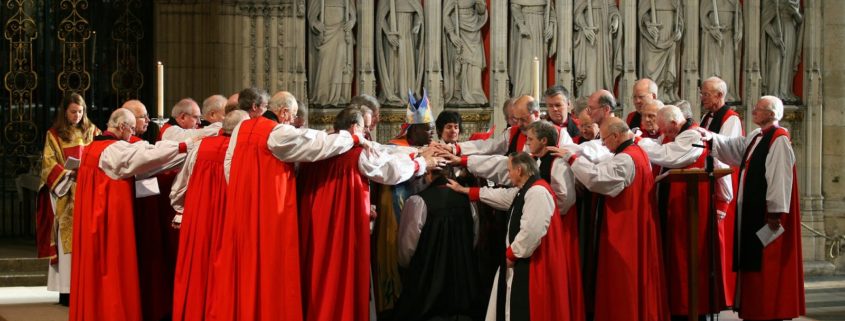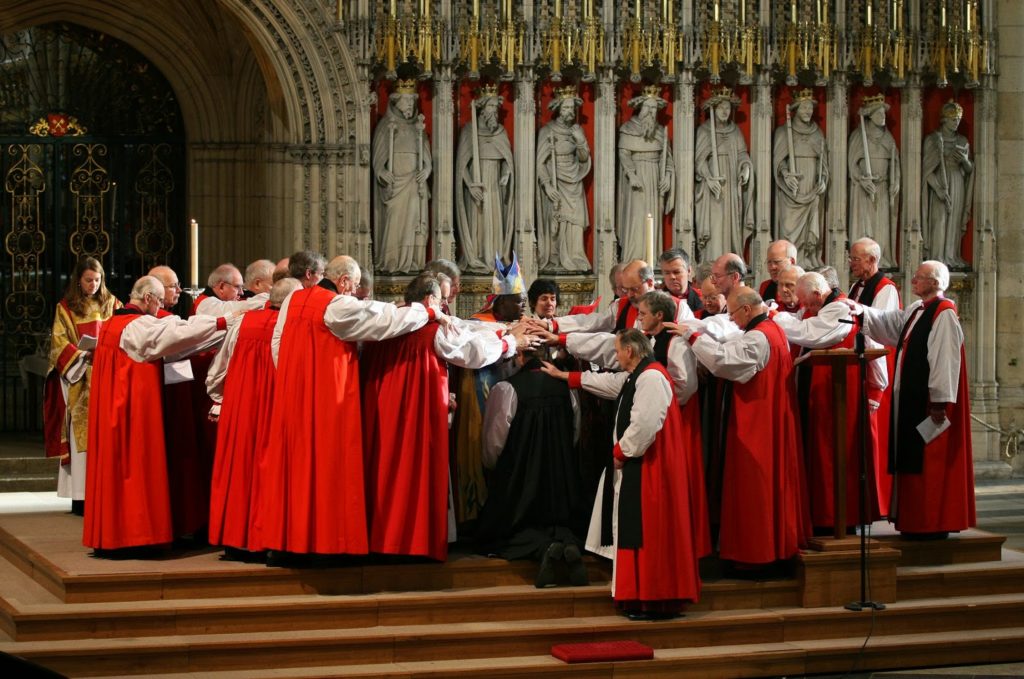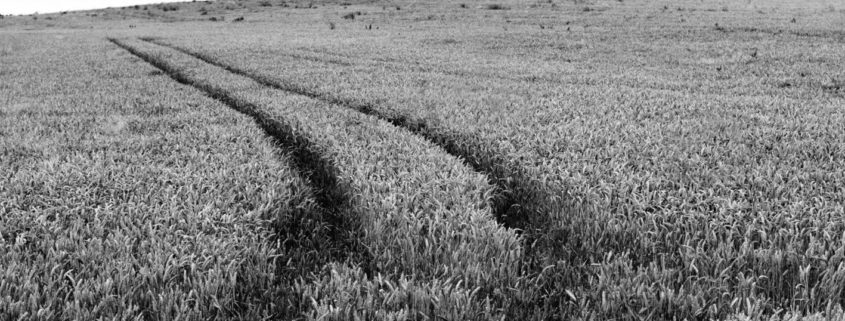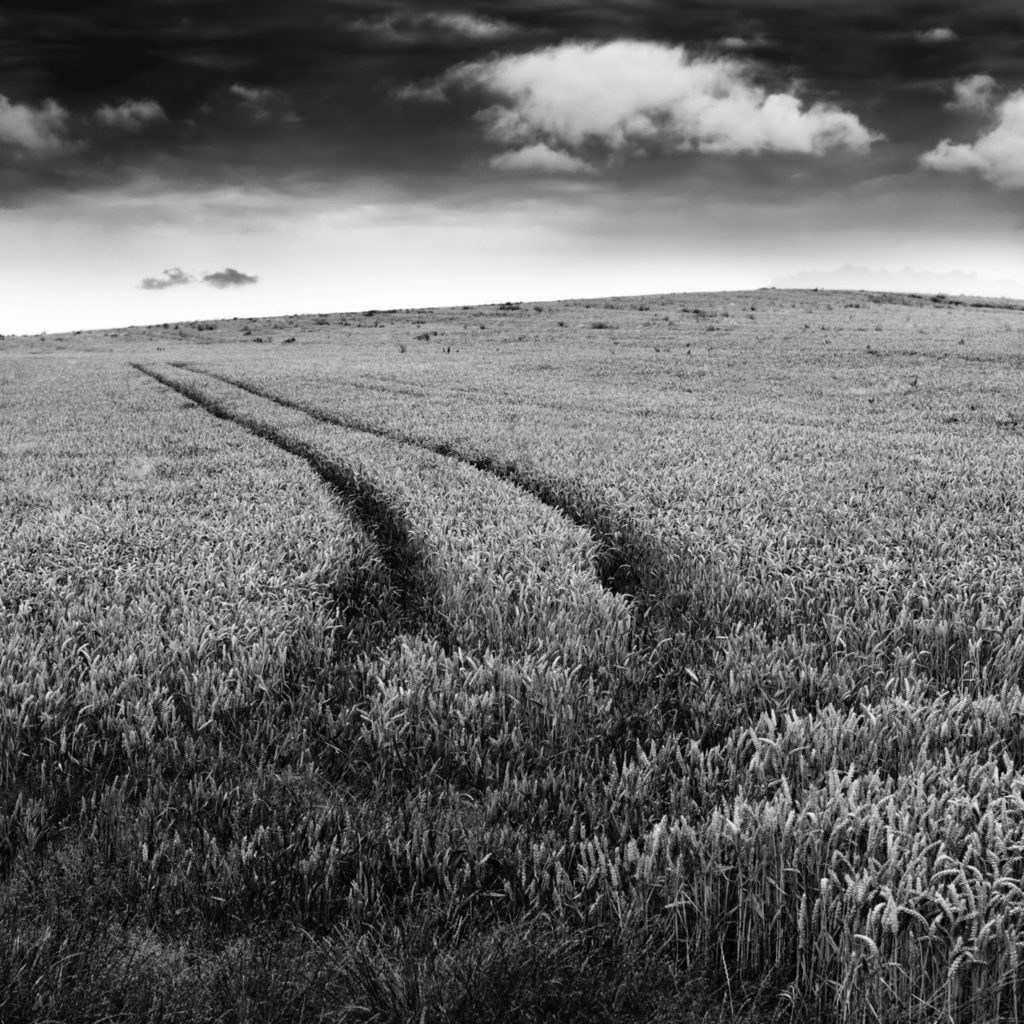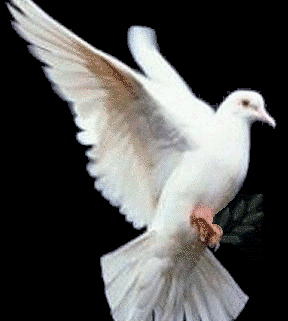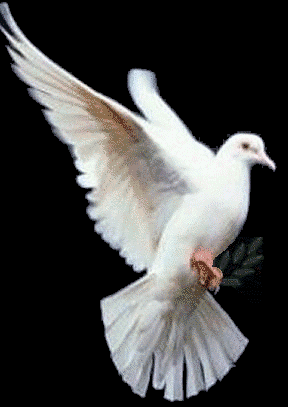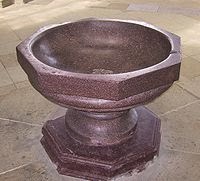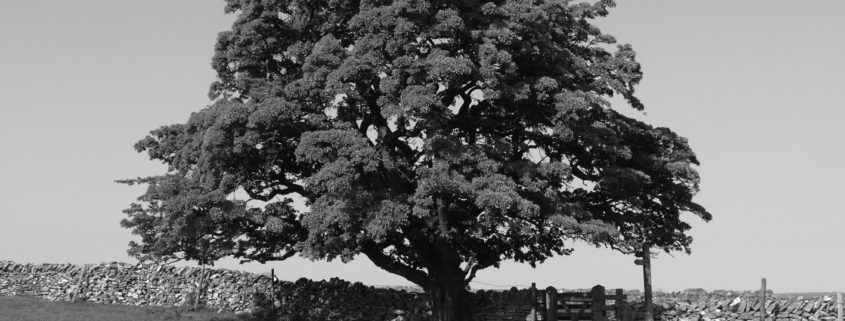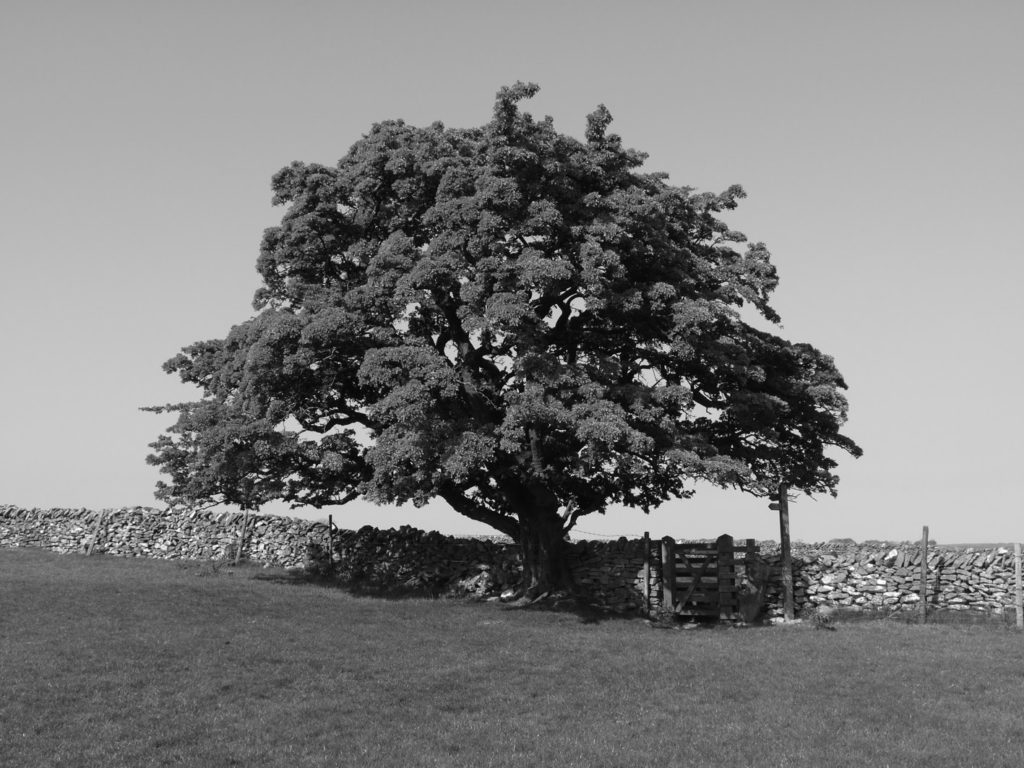“as on that day at Meribah, as at Massah in the wilderness”
The story of Meribah and Massah is told in Exodus 17.1-7. It is the story of the water which flows from the Rock. One of the things which binds the two halves of Psalm 95 together are the direct references to the Exodus story in the name “Rock of my salvation” in verse 1, in the image of the LORD as shepherd in verse 7 and now the direct link to Exodus 17 in verse 9.
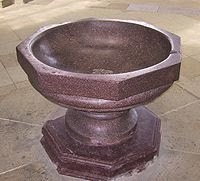 The short interlude between the Israelites crossing the Red Sea in Exodus 14 and 15 and the giving of the Ten Commandments on Mount Sinai is marked by one thing: moaning and complaining. This murmuring and complaining among the people of God is traced through three or four different phases. First comes the complaint about the bitter water at a place called Marah. Moses throws wood into the water and the bitter becomes sweet. Second are the complaints about food. The LORD provides manna and quails to eat. Third (and in a different place) there is anxiety and fear about water once again and Moses strikes the rock with his staff.
The short interlude between the Israelites crossing the Red Sea in Exodus 14 and 15 and the giving of the Ten Commandments on Mount Sinai is marked by one thing: moaning and complaining. This murmuring and complaining among the people of God is traced through three or four different phases. First comes the complaint about the bitter water at a place called Marah. Moses throws wood into the water and the bitter becomes sweet. Second are the complaints about food. The LORD provides manna and quails to eat. Third (and in a different place) there is anxiety and fear about water once again and Moses strikes the rock with his staff.
It’s interesting that Exodus remembers the first and last of these places not because of the miracle but because of the complaining which came before the miracle. Marah means Bitter. Meribah means Quarrelling. Massah means Testing.
Bitter, Grumpy, and Doubtful might be the nicknames of people know to us today. They might be the voices in our own hearts and minds which speak the loudest in times of anxiety and fear and transition.
We need to recognize them for what they are: traces of the old man, the old woman, the old community, hangovers from before the miracle of baptism, signified by the crossing of the Red Sea. We need to apply to them the medicine of God’s written word and God’s living Word. The medicine for bitterness is forgiveness: reconciliation with God and others. The antidote to quarrelling is peace between us and between us and God. The remedy for testing is faith and trust between people and between the LORD and his people.
Every Church is on a constant journey – each Diocese and each local church – between these points. We need to hear God’s voice of forgiveness, of peace and of faith speaking to us each day as we travel together.
This post is one of a series of daily reflections on Psalm 95 in January, at the start of the Diocese of Sheffield Centenary Year


